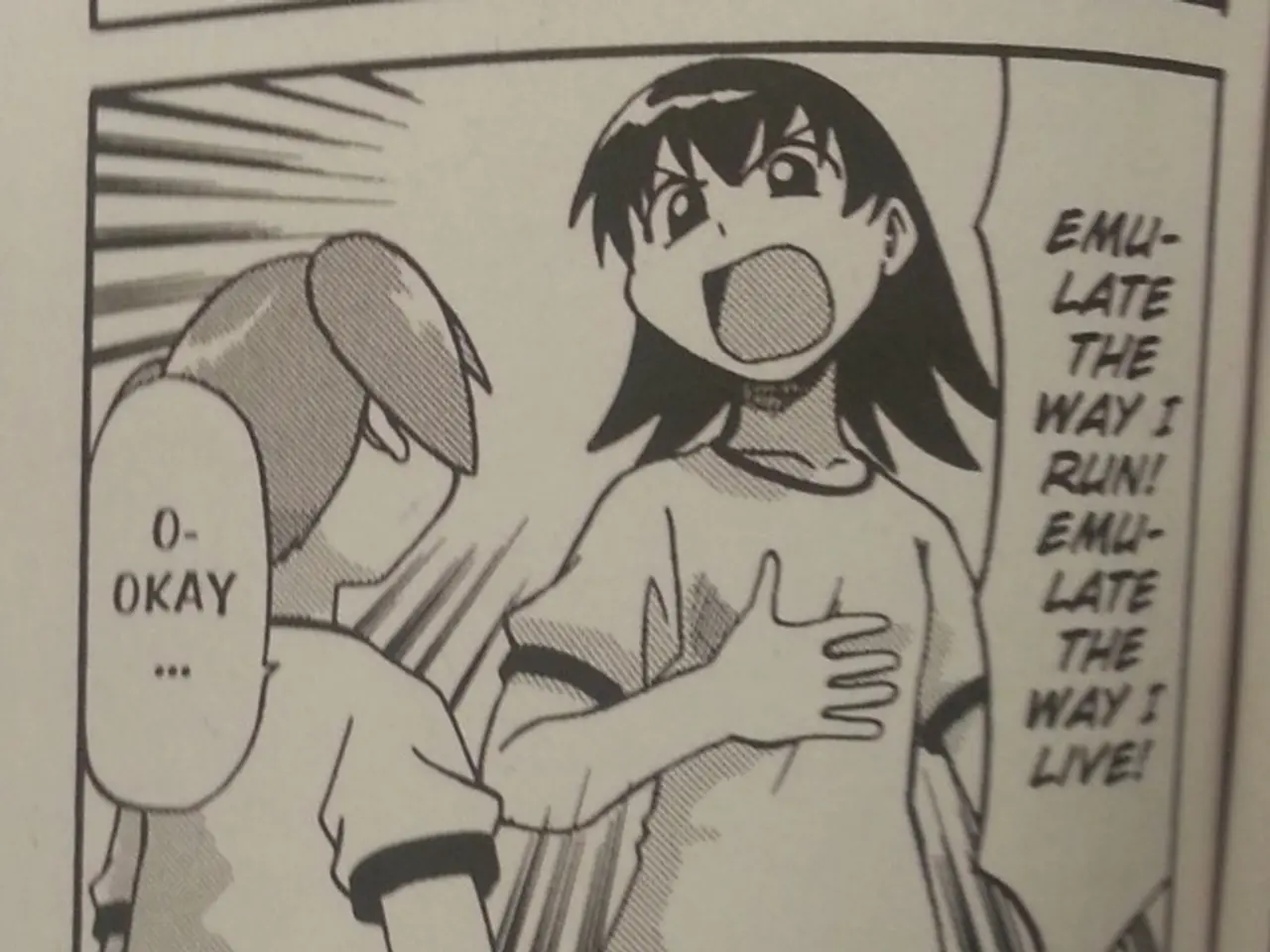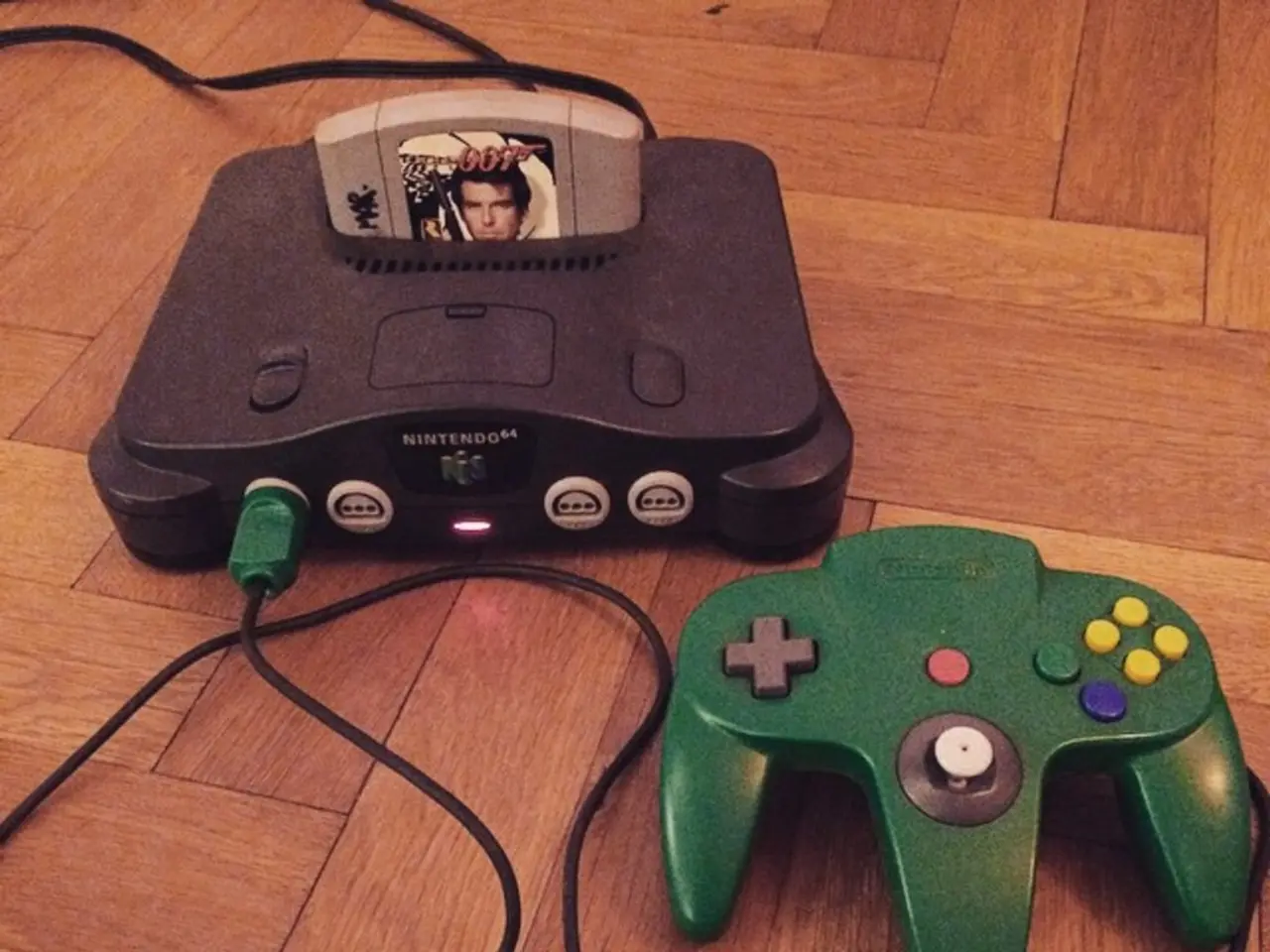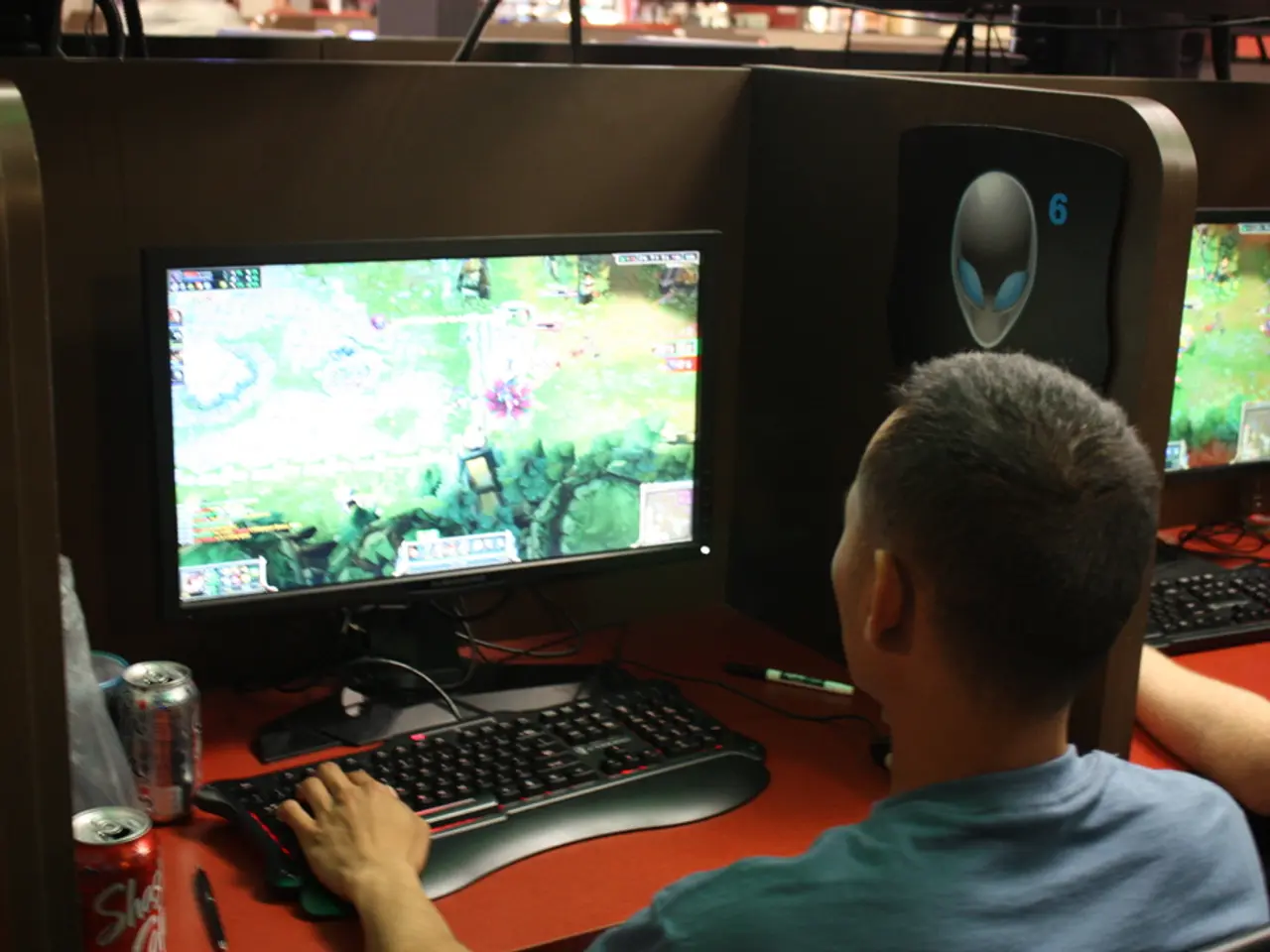"Retaining Your Black Workforce: Strategies for Prevention of Departures"
In the fast-paced world of digital marketing, a growing concern has emerged: the appropriation and misuse of Black culture by brands. This practice, known as digital blackface, involves the imitation of Black cultural expressions and personas in online contexts, often without authentic representation or benefit to Black creators.
The roots of digital blackface can be traced back to the early days of AI, with the 2017 debut of Shudu, the first AI supermodel who is a Black woman, created by a white photographer. This raised early concerns about ownership, representation, and exploitation of Black likenesses controlled by non-Black creators.
More recently, digital blackface has manifested in AI influencers using Black stereotypical mannerisms, blurring the lines between cultural celebration and the reinforcement of racist tropes. Phrases popularized by Black artists, such as "pushin P" by rapper Gunna and Megan Thee Stallion’s "Hot Girl Summer," have been widely adopted in internet culture and advertising campaigns. However, the appropriation of these phrases by non-Black marketers or influencers, often stripping them from their cultural contexts and Black voices, has raised concerns about digital blackface.
"Hot Girl Summer," for example, became a viral phenomenon beyond its original Black empowerment message, often commodified in ways that dilute its cultural significance. Similarly, "pushin P" has been co-opted in memes and marketing unrelated to its hip-hop origins, sometimes devoid of credit to the originating Black creators.
Such appropriation can contribute to cultural erasure and economic risks for Black creators, especially when brands capitalize on Black linguistic and aesthetic expressions without meaningful Black representation or compensation. The rapid rise of AI and digital platforms has exacerbated the problem, as algorithm-driven content often recycles Black cultural signifiers in stereotypical or exploitative ways for engagement metrics, which experts warn may replicate systemic racism in digital spaces.
Brands have faced criticism for their appropriation of Black culture in their marketing strategies. The over-utilization of phrases popularized by Black artists, such as "pushin P" and "Hot Girl Summer," has been a recurring issue. Apparel brands, in particular, have been criticized for adopting these phrases for their marketing strategies.
The impact of digital blackface in marketing has included the distortion of Black culture, economic disenfranchisement of Black creators, and the perpetuation of stereotypes under the guise of trendy internet phenomena. Ongoing calls for authentic representation, transparency, and respect in digital and marketing industries highlight the need for a change in approach. As brands continue to strive for culturally relevant content, it is crucial to ensure that this content is created with respect, authenticity, and fair compensation for Black creators.
[1] Referenced sources omitted for brevity.
- The exploitation of Black cultural phrases, such as "pushin P" and "Hot Girl Summer," by brands for marketing purposes, without acknowledgement or compensation to their original creators, is a prevalent example of digital blackface.
- Social-media influencers and AI-generated personalities utilizing Black stereotypes, like the popularization of "Hot Girl Summer" beyond its original Black empowerment message, can be seen as a form of entertainment that reinforces racist tropes, contributing to digital blackface.






